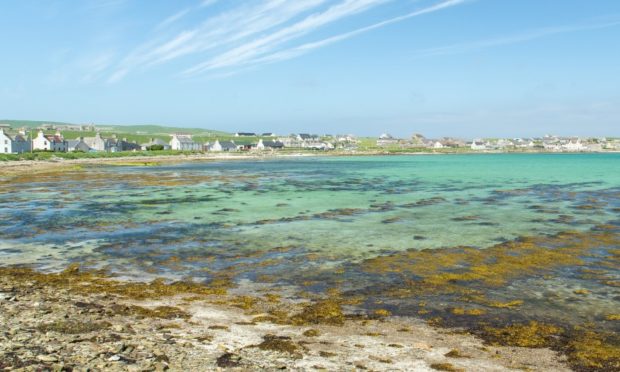Successful housing projects in Orkney and Argyll and Bute are being held up as examples of ways to repopulate rural areas across Scotland.
A new report says the Gateway Homes scheme in Orkney and the rural resettlement fund in Argyll and Bute are among initiatives that could be replicated in other parts of the country.
Researchers at Scotland’s Rural College (SRUC) compared the island schemes with those in the Republic of Ireland, Canada, USA and Denmark, including the Faroe Islands.
The report said there is no “one size fits all” combination of initiatives, and successful approaches tend to have strong “bottom-up” aspects, where the community has had a central role in designing and/or implementing the initiative, or they have significant community support.
The research was funded by the Scottish Government’s Rural and Environment Science and Analytical Services (RESAS) as part of its commitment to stem rural depopulation and attract more people to live and work in rural and island communities.
It highlighted Orkney Islands Council’s Gateway Homes scheme provides housing to new residents for up to 18 months, allowing them to experience island life before making a commitment to buying a property in the area.
The report says it is hoped the council’s empty homes officer will be able to support the creation and greater use of gateway homes.
Orkney has the highest percentage of empty houses in Scotland – 759 properties have been lying vacant for more than six months. Its empty homes strategy 2018-2023 said 18 properties were brought back into use in its first year.
Twenty Scottish councils now employ an empty homes officer and in 2017-2018, 742 homes were brought back into use.
Argyll and Bute Council’s rural resettlement fund, offering a financial incentive to people moving to remote communities, led to 193 new residents, including 56 children.
The scheme was launched in 2016 and offered grants for personal relocation as well as for self-employed people and businesses.
Dr Jayne Glass, research fellow at SRUC and co-author of the report, said: “Learning from these case studies, there are plenty of options that have been successful elsewhere that could be replicated in Scotland.
“Successful initiatives tend to have strong support from the community, as well as support from public agencies and other organisations.
“New residents need a warm welcome and support to integrate into the community, so they become attached to the place and want to stay.”
